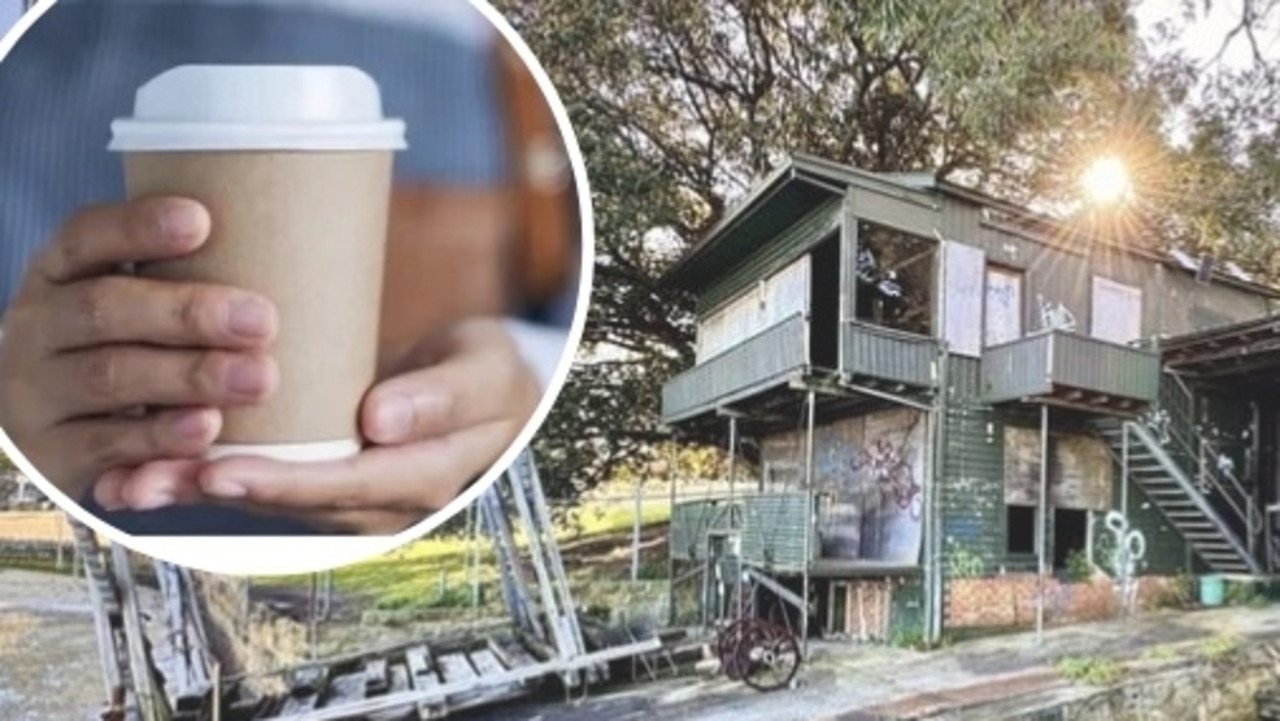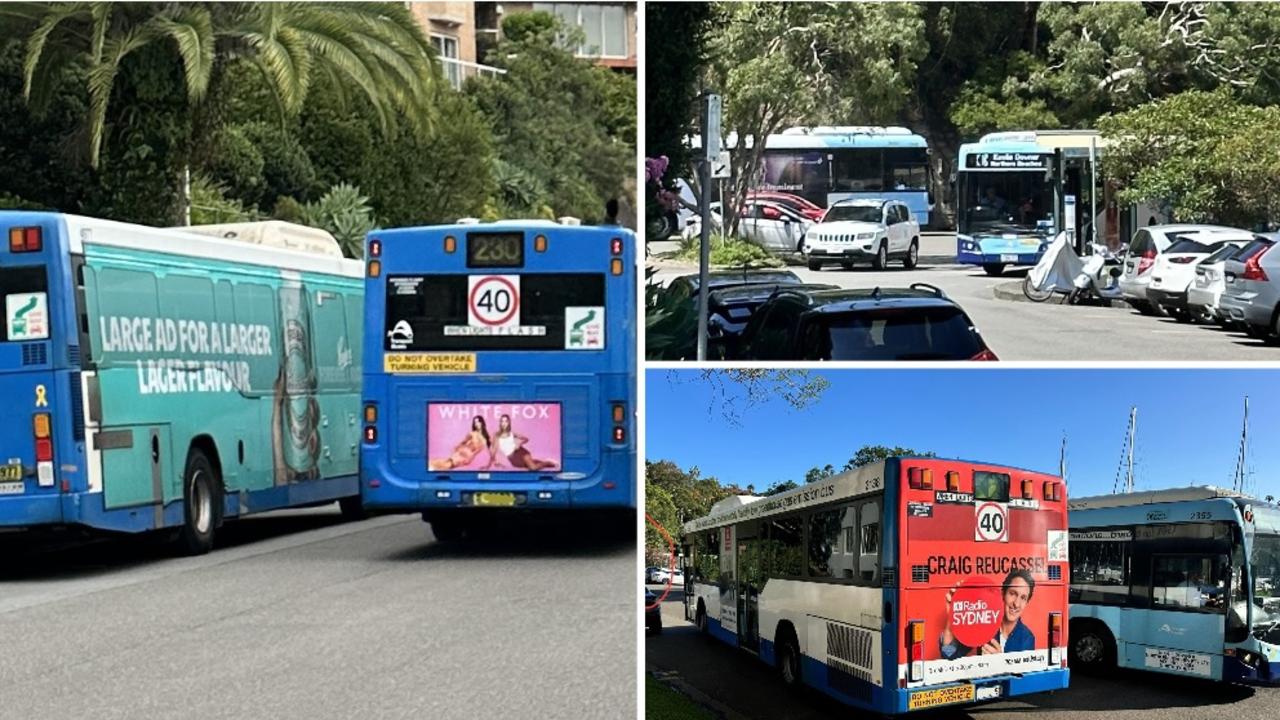City of Sydney calls for low emissions zone to encourage uptake of electric vehicles
The state government has made its stance on a petrol tax clear after City of Sydney Council called for one in the CBD as part of a green push to cut carbon emissions. Have your say.
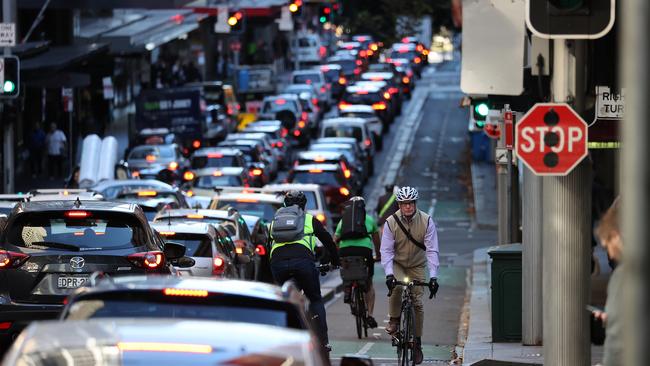
Central Sydney
Don't miss out on the headlines from Central Sydney. Followed categories will be added to My News.
Drivers of petrol cars will not be charged any extra to go into the CBD after the Minns government ruled out a “low emissions zone” proposed by the City of Sydney.
Acting Roads Minister Jo Haylen ruled out the idea completely on Tuesday.
“The Minns Government has ruled out putting tolls on untolled roads,” she said.
“That includes congestion charges and zones in the Sydney CBD,” she said.
It follows a green push by Clover Moore’s council to have a petrol tax could be imposed on Sydney’s CBD to cut carbon emissions — a move which, on Monday motorists and business owners called for the City of Sydney to put the brakes on.
A new transport strategy adopted by the council has recommended lobbying the state government to implement a low emissions zone which would prioritise electric vehicles over internal combustion engine vehicles on the city’s roads.
The model could include road user charges to make electric vehicles a more attractive option.
The council plan, which was unanimously supported by Lord Mayor Clover Moore and councillors, states a low emissions zone could assist in the city achieving its net zero target by 2035.
“Transport accounts for around 20 per cent of total emissions in our area and a shift to electric vehicles is an important part of our net zero goal,” the strategy states.

“A low emissions zone in the city centre could create a springboard for a citywide system.”
In London – which introduced an ultra low emission zone in 2019 – diesel cars and other vehicles such as trucks that fall short of emissions standards pay $23.80 in daily charges.
Latest figures from the Federated Chamber of Automotive Industries show electric vehicles accounted for eight per cent of all new car sales in Australia in April.
A City of Sydney spokesman said the idea for a CBD congestion tax had “been around for more than 10 years” and that “similar cities around the world have already imposed low emission zones and cordon charges”.
“Creating a city for walking and cycling while making it easier for people to use public transport are key elements of the strategy,” he said.
“We are calling on the NSW Government to find a sensible and equitable solution that supports transport electrification.”
But the move has sparked resistance from some motorists and business owners due to concerns over lack of existing charging infrastructure – along with placing an additional financial burden on motorists in the world’s most tolled city.
The council strategy noted the average electric vehicle sold into the NSW market is about $28,000 more expensive than the average petrol or diesel car.
Fairfield mayor Frank Carbone has also hit out at the strategy saying it could add to the cost of living pressures for residents in the city’s west.
“All it will do is create a Sydney of two cities where half the population is paying more on the roads than the other,” he said.
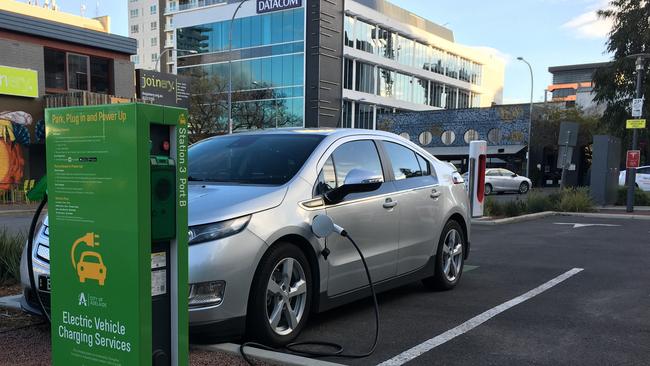
Alexandria Motor Garage owner Brent McMeeking fears his business would be significantly impacted by a road user charge.
“Not everyone can afford an electric vehicle and if they’re disincentivizing people from using their car to commute it will add another layer of cost on their tolls.
“I think it’s revenue raising and a ploy to get people to use push bikes to justify the huge expense of building bike planes in the city that are barely being used during the day.
“All mechanics on the fringe of the CBD would suffer because most of our business still relies on cars with internal combustion engines.”
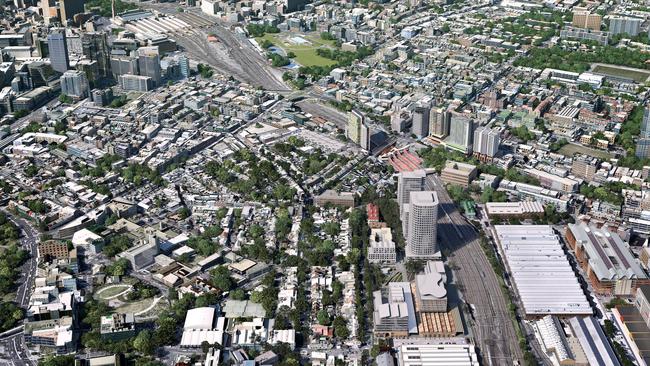
The City of Sydney’s proposal states the emissions zone could encourage motorists – especially at taxis and service vehicle companies – to transition fleets to electric.
The council added the justification for the low emissions zone was partly driven by Covid-19 which had resulted in “significant increase in electric bike sales and use”.
“There is an opportunity for broader road pricing, incorporating motorway tolls into a more comprehensive system that focuses on distance travelled, congestion and emissions,” the strategy states.
“It could also encompass various parking charges, such as the parking space levy, to ensure a more coherent focus on travel demand management. Any subsidies or incentives should, as a priority, support people to not use cars ahead of facilitating uptake of electric vehicles.”
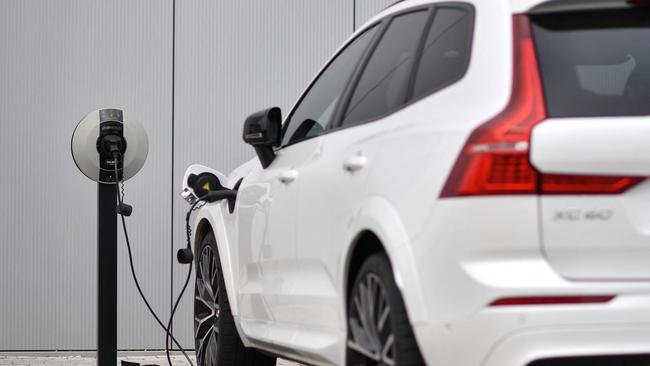
A Transport for NSW spokeswoman said the state government had “no immediate plans” to implement a low emissions zone in Sydney’s CBD, but was investigating opportunities to reduce emissions in urban environments.
Motorist Nick Kritikos, who lives in Brighton Le Sands, said extra charges on road use could impact residents who do not live near public transport connections.
“Certain areas would be impacted more so because the public transport services aren’t as developed or well-serviced as other areas,” he said.
Katy Hatherley, from Cammeray, had mixed thoughts about the idea.
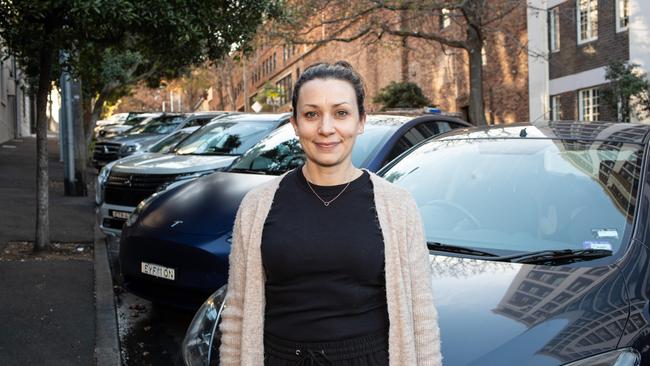
“I think the environment is probably the most important thing to focus on but I can’t actually afford to get a hybrid or electric car at this point,” she said.
The council’s strategy has been backed by the NSW branch of the Australian Electric Vehicle Association.
“Taxing bad behaviour and incentivising good behaviour does work (and) you need these policies in place to signal to the industry that this is what we want as Australians,” association chair Michael Day said.
“For a long time our apathy has been recognised internationally and if you want to drive good behaviour you need policies to support it.”
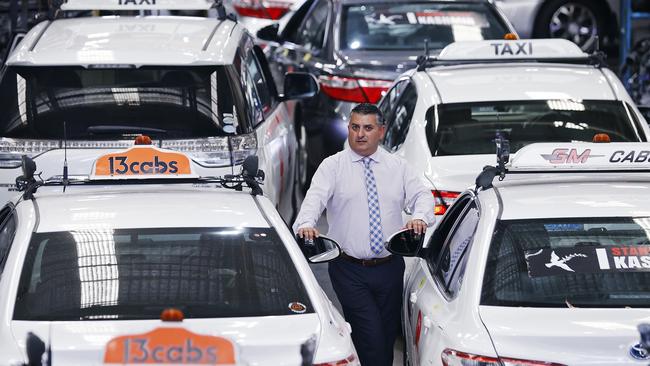
NSW Taxi Council chief executive Nick Abrahim said taxi drivers should be exempt or compensated if any new road charge is introduced.
“We are all for supporting green initiatives but we need to ensure businesses are part of that alignment and not interrupted or disadvantaged in any way as a result,” he said.
“You’d also have the infrastructure such as charging stations and super fast charging for commercial operators to minimise their down time.

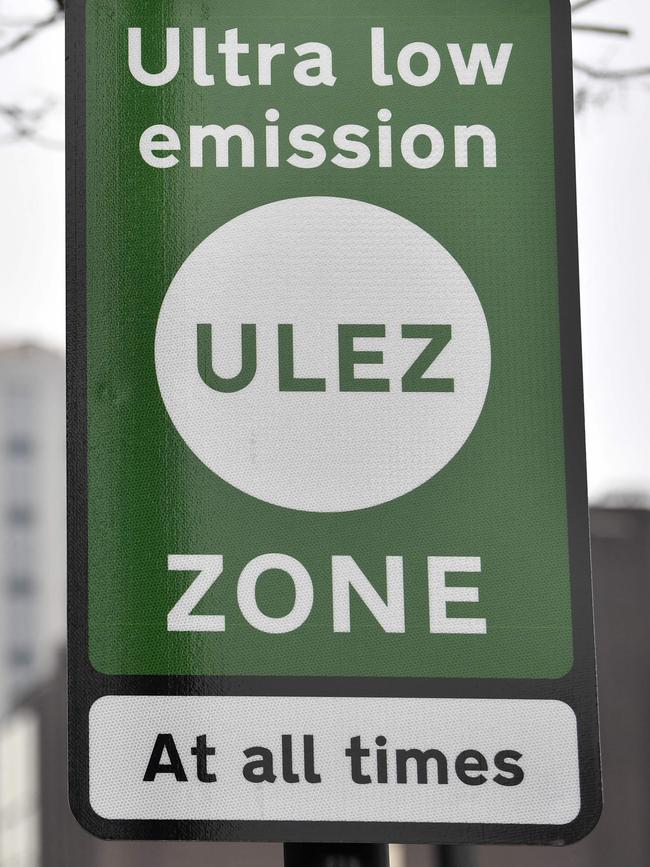
“The majority of Sydney’s taxi’s fleet are hybrids or run on fuel and if there is a tax they should be exempt because it’s not fair for them to be penalised,” he said.
The council’s strategy has not included any details of potential pricing model or details of how the charges could apply.



